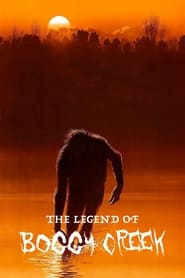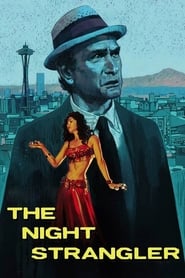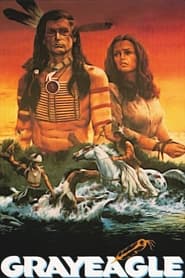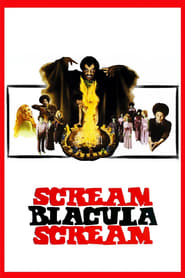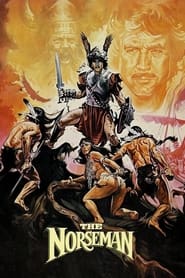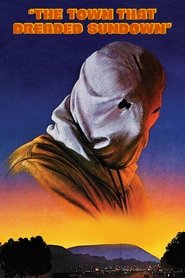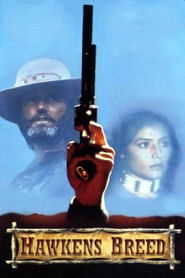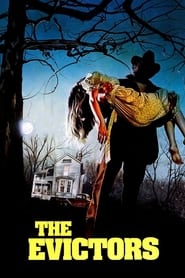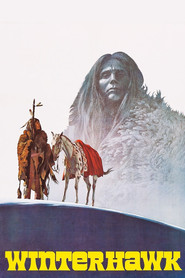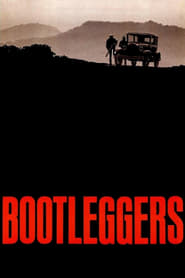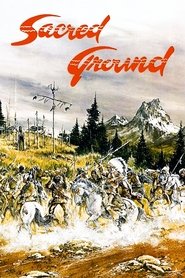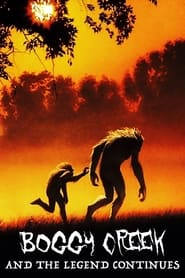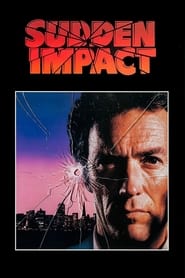Charles Bryant Pierce (June 16, 1938 – March 5, 2010) was an American film director, screenwriter, producer, set decorator, cinematographer and actor, and is considered one of the first independent filmmakers. Pierce directed thirteen films over the span of 26 years, but is best known for his cult hits The Legend of Boggy Creek (1973) and The Town That Dreaded Sundown (1976).
Pierce was born in Hammond, Indiana, but moved to Arkansas early in his childhood. After working in production jobs at television stations, Pierce moved to Texarkana and started an advertising agency. He made his directorial debut with The Legend of Boggy Creek, a faux documentary-style film inspired by the legend of the Bigfoot-like Fouke Monster. The film was funded largely by a donation from an advertising client, and Pierce rented a local movie theater to exhibit it. The low-budget film grossed roughly $25 million.
Pierce followed the success with several inexpensive, regional films set in Southeastern and Southwestern United States. Among them were The Town That Dreaded Sundown, based on the true story of the Phantom Killer murders in Texarkana. Pierce continued directing films into the 1980s, when he wrote the story for the Clint Eastwood film Sudden Impact (1983). For that screenplay, he is said to have written the phrase, "Go ahead, make my day," which became one of the most famous movie quotes in history.
After years of pressure from producers, Pierce directed a Boggy Creek sequel, Boggy Creek II: And the Legend Continues (1985), which he considered the worst film of his career. The sequel was featured in a 1999 episode of the comedy television series Mystery Science Theater 3000, which ultimately increased Pierce's visibility. Pierce died of natural causes in Dover, Tennessee. His work has been cited as an influence on the horror film The Blair Witch Project (1999).
Description above from the Wikipedia article Charles B. Pierce, licensed under CC-BY-SA, full list of contributors on Wikipedia.
Pierce was born in Hammond, Indiana, but moved to Arkansas early in his childhood. After working in production jobs at television stations, Pierce moved to Texarkana and started an advertising agency. He made his directorial debut with The Legend of Boggy Creek, a faux documentary-style film inspired by the legend of the Bigfoot-like Fouke Monster. The film was funded largely by a donation from an advertising client, and Pierce rented a local movie theater to exhibit it. The low-budget film grossed roughly $25 million.
Pierce followed the success with several inexpensive, regional films set in Southeastern and Southwestern United States. Among them were The Town That Dreaded Sundown, based on the true story of the Phantom Killer murders in Texarkana. Pierce continued directing films into the 1980s, when he wrote the story for the Clint Eastwood film Sudden Impact (1983). For that screenplay, he is said to have written the phrase, "Go ahead, make my day," which became one of the most famous movie quotes in history.
After years of pressure from producers, Pierce directed a Boggy Creek sequel, Boggy Creek II: And the Legend Continues (1985), which he considered the worst film of his career. The sequel was featured in a 1999 episode of the comedy television series Mystery Science Theater 3000, which ultimately increased Pierce's visibility. Pierce died of natural causes in Dover, Tennessee. His work has been cited as an influence on the horror film The Blair Witch Project (1999).
Description above from the Wikipedia article Charles B. Pierce, licensed under CC-BY-SA, full list of contributors on Wikipedia.
Show more expand_more
keyboard_double_arrow_down
